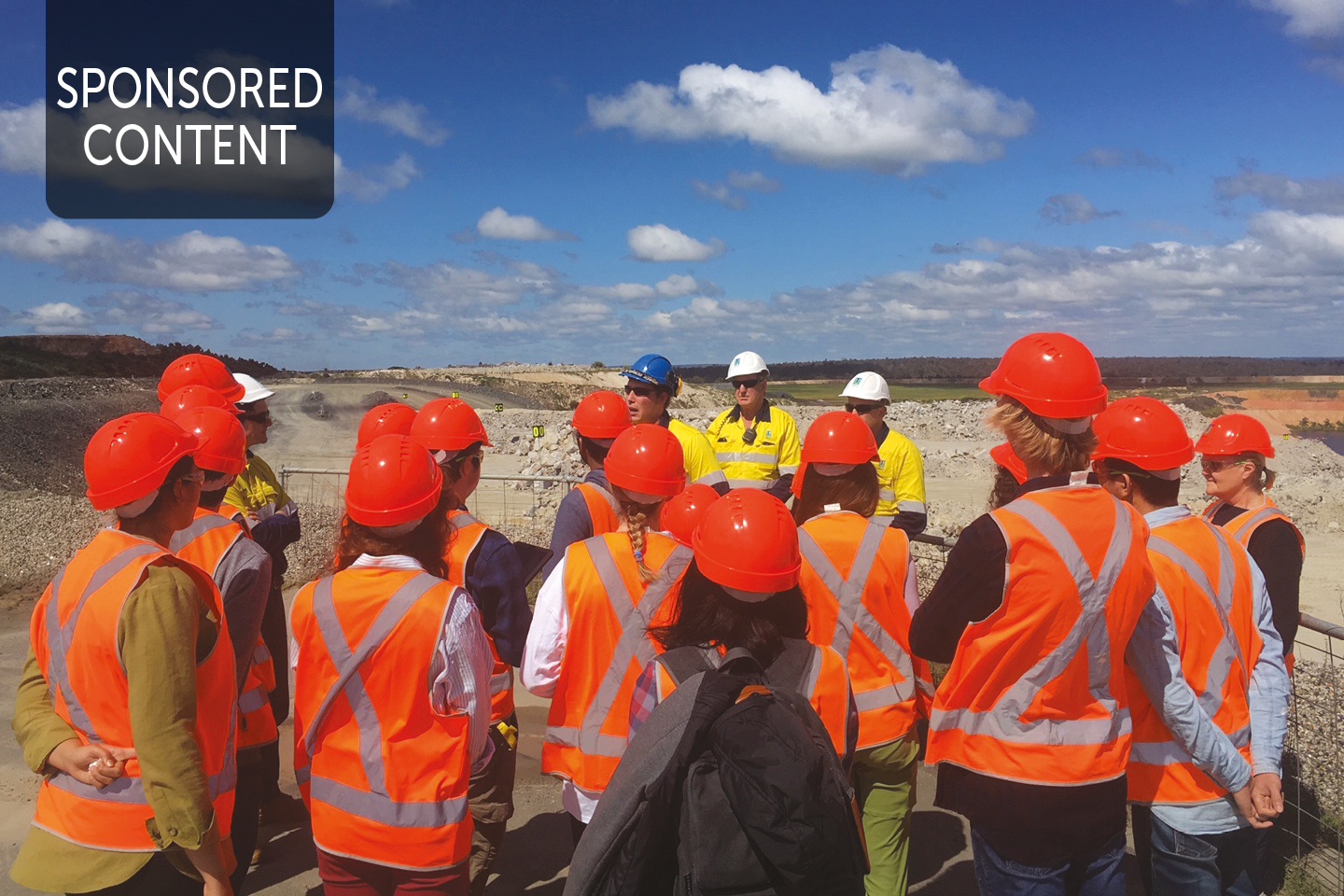

Western Australia’s mining industry continues to make a strong economic contribution to our State and national economy, particularly during the COVID-19 pandemic, but this is partly contingent on managing and mitigating environmental impacts. Despite the current global economic downturn, overall outlook for demand for many mineral resources remains strong, and will remain so as countries continue to become more urbanised and industrialised.
Iron ore provides the steel for cities to grow, aluminium offers a lightweight mate-rial for our transport systems, and increas-ingly lithium and other ‘green technology’ elements will power our digital future. Recent high-profile failures of tailings storage facilities in mines at Brumadinho and Fundão in Brazil, which store by-prod-ucts of mining and refining processes, have led to global changes to improve monitoring, regulation, financing, and management of mine sites and their environmental impacts.
Global mining companies such as Rio Tinto and BHP are playing their part with the launch last month of Future Tails – a new initiative that aims to improve global tailings management – through a partnership between The University of Western Australia, Rio Tinto and BHP.
The initiative includes leading-edge training programs to build talent and capability; publications that summarise state-of-the-art tailings analysis, design, operation and management; and new research collaborations with industry to drive further innovation.
Investing in research, development, and training is key to delivering the innovative solutions that will solve the critical environmental challenges posed by mining. A key part of this investment is training the workforce of the future, including upskilling and reskilling.
Embedding authentic real world experiences as part of these degrees and training programs provides crucial opportunities for future professionals to build their understanding of decision-making processes and technical aspects of mine site operations and management.
UWA’s degrees in Environmental Science include a number of field trips to mine sites around the State and students also have the opportunity to pursue their passion for envi-ronmental management in mining through research projects with industry partners at Honours, Masters, and PhD level. These placements and projects have bene-fits beyond just the immediate scientific out-comes and environmental improvements: they spark ongoing collaborations and part-nerships, and provide a job-ready talent pool to deliver WA’s vision of being an environ-mentally sustainable mining powerhouse. Western Australia is a world leader in mineral exports – we have the opportunity to be a world leader in environmental man-agement too.














